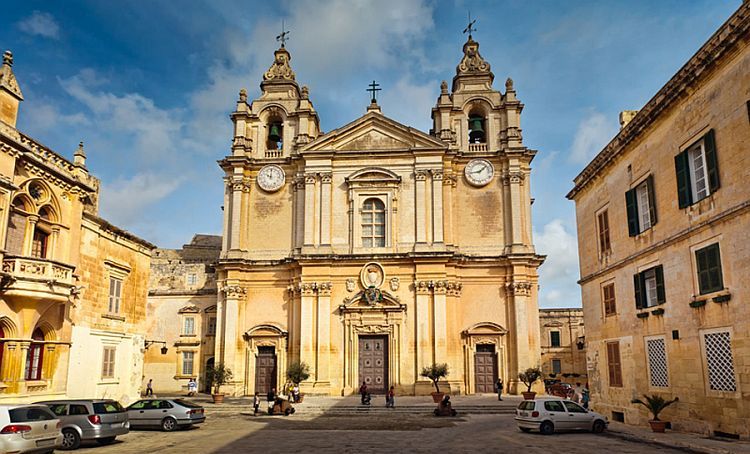
St Paul’s Metropolitan Cathedral standing on the site thought to have been the home of St Publius, father of the governor of the islands who features in the account of St Paul’s shipwrecked in Malta, has gone through many dramatic changes …

The official response was that in 1892, the man in question had been admitted to the Institute of British Civil Engineers and that in 1907 he was recognised as an architect by the Royal Institute of British Architects.

When the Knights of Malta built Valletta in the 17th century, it was admired by all who saw it. At the very beginning, for instance, there were no glass windows anywhere in Valletta.

Valletta is an ornate and Baroque city built by the Knights of Malta, however one of its most famous historical buildings is in the Neo-Classical style which contrasts with the rest of the city. Welcome to Malta’s (Polish) National Library!
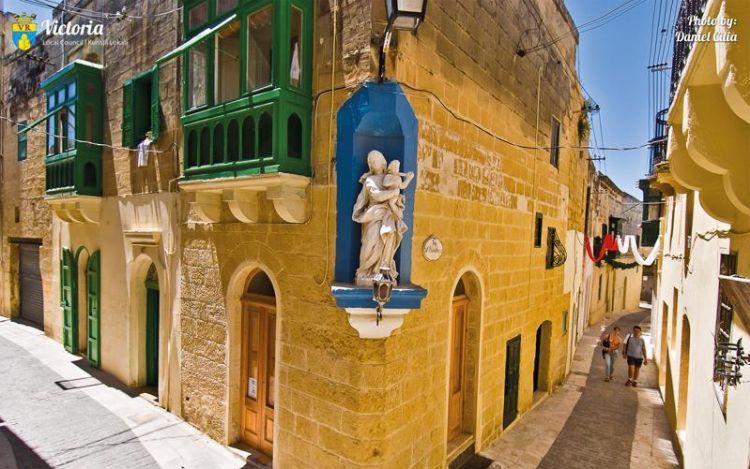
The features that make up a Maltese house of character are fascinating and what makes us love these houses. But how many of us know what is the difference between an ‘intrata’ and an ‘ante-intrata’ or an ‘antiporta’ and an ‘apramorta’?

Architectural gems inherited from the British dot the Sliema landscape. Even though nowadays large blocks of apartments have taken over the Sliema seafront, one can still can find a wealth of remnants of Malta’s British past.
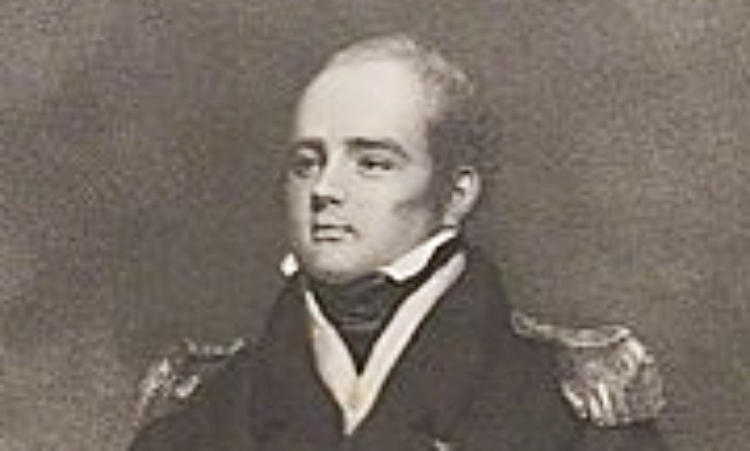
In Malta, driving towards Valletta, you see a large monument, built in June 1831 overlooking the Grand Harbour. The crew of HSM Madagascar commissioned this obelisk to remember the late Captain Robert Spencer, a connection to a future king of England.
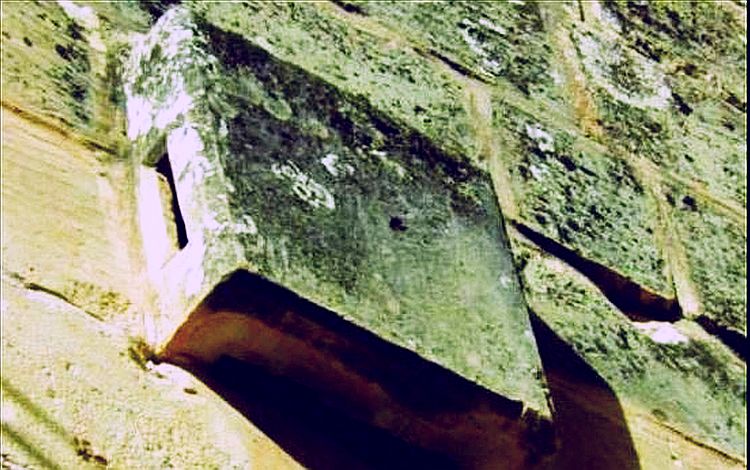
One of the most ‘invisible’ features of our architecture, which most Maltese don’t know about at all, is not actually Maltese but a rare heritage from Malta’s contacts with the Arab world.
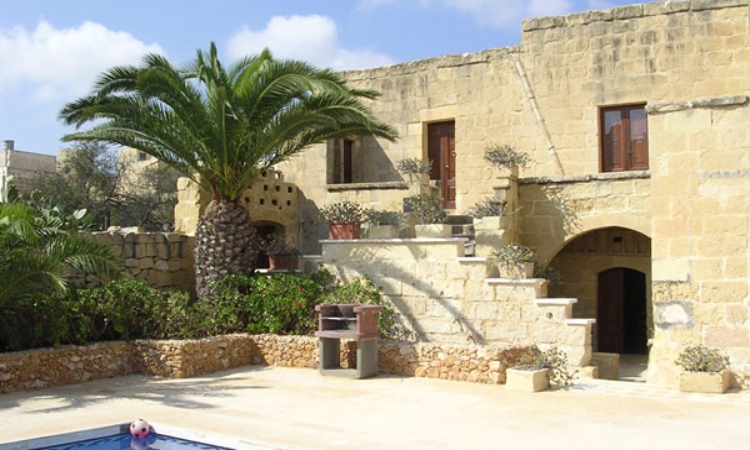
The typical Maltese farmhouse (Razzett Malti) which I still remember clearly from my early childhood has lost its usefulness in today’s fast, modern world.

Valletta was conceived as a new fortified city for the Knights of the Order of St John in Malta. In the aftermath of the Great Siege in 1565 and the defeat of the Ottoman Turkish army
designed and produced by Logix Digital